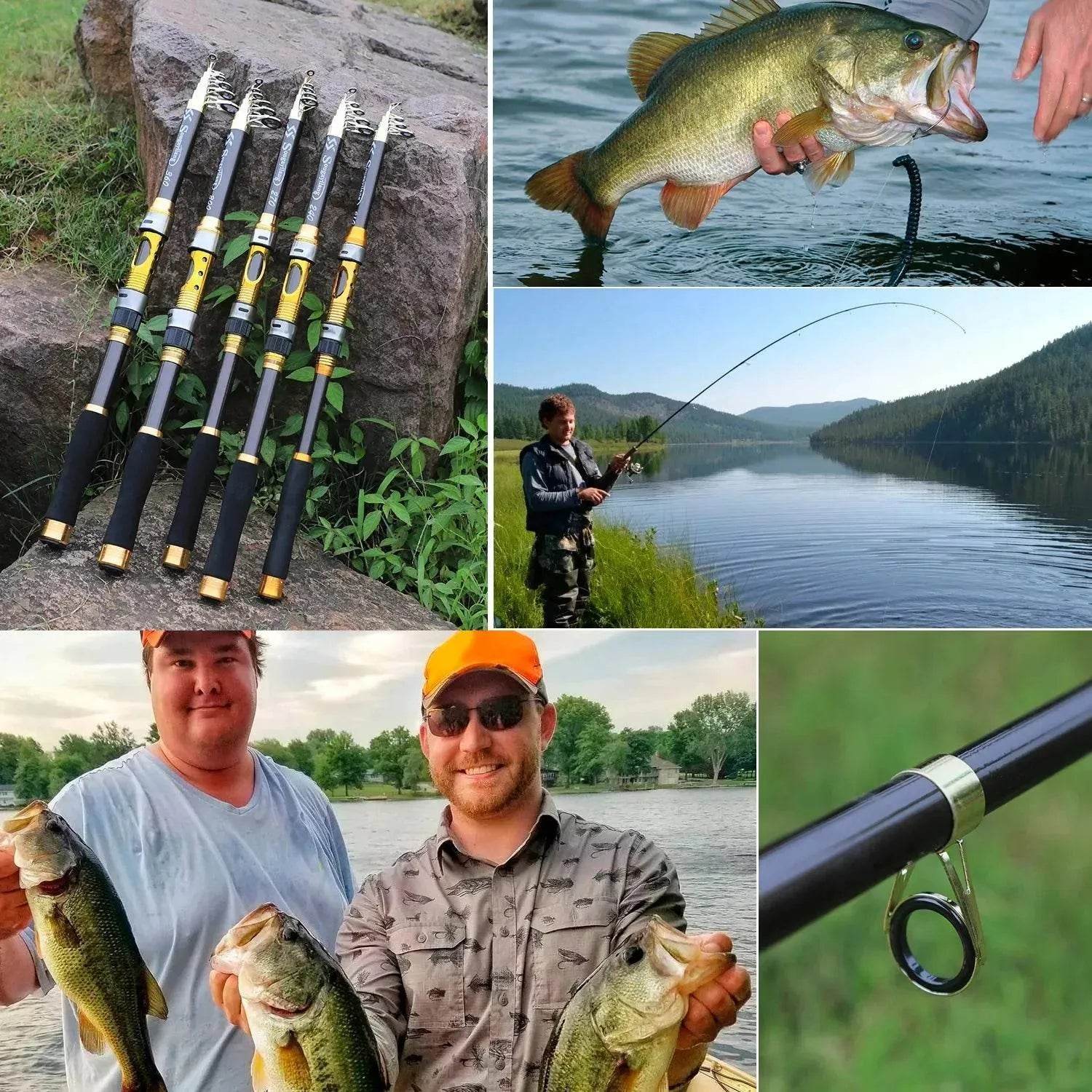
Eco-Friendly Angling: How to Fish Sustainably in 2025
Eco-Friendly Angling: How to Fish Sustainably in 2025
Fishing, a pastime enjoyed by millions, holds a special place in many cultures. But with growing concerns about environmental sustainability, it's crucial to adopt eco-friendly practices to ensure the longevity of our waterways and fish populations. This guide explores how to fish sustainably, minimizing your impact on the environment and contributing to healthy ecosystems.
Why Sustainable Fishing Matters
Unsustainable fishing practices deplete fish populations, damage habitats, and disrupt the delicate balance of aquatic ecosystems. Overfishing, destructive fishing methods, and pollution all contribute to this problem. By embracing sustainable fishing, we can help protect these valuable resources for future generations.
Key Principles of Eco-Friendly Angling
- Practice Catch and Release: Whenever possible, practice catch and release. This allows fish to continue reproducing and contributes to a healthy population. Handle fish carefully to minimize stress and ensure their survival.
- Respect Size and Bag Limits: Adhere to all local regulations regarding fish size and bag limits. These limits are put in place to protect fish populations and ensure their sustainability. Understanding these rules is crucial for responsible angling.
- Use Barbless Hooks: Barbless hooks are easier to remove from fish, reducing injury and improving their chances of survival after release. This simple switch significantly improves catch and release success.
- Minimize Your Impact on the Habitat: Avoid disturbing vegetation, nesting areas, and other sensitive habitats. Keep your fishing area clean and remove any trash or debris you encounter.
- Choose Sustainable Lures and Tackle: Opt for lures and tackle made from sustainable and biodegradable materials whenever possible. This reduces the environmental burden of discarded equipment.
- Learn About the Species You're Targeting: Understand the life cycle, breeding habits, and habitat requirements of the fish you're pursuing. This knowledge allows for more informed decisions about fishing practices and conservation.
- Support Sustainable Fisheries: Choose to buy seafood from sustainable sources, certified by organizations like the Marine Stewardship Council (MSC). This helps to encourage responsible fishing practices throughout the supply chain.
- Educate Others: Share your knowledge about sustainable fishing practices with fellow anglers and promote responsible behavior on the water. Education is a critical element in widespread adoption of sustainable fishing methods.
Advanced Techniques for Eco-Conscious Angling
- Fly Fishing: Often touted as a more environmentally friendly approach, fly fishing uses lightweight equipment and less intrusive methods, minimizing disruption to the surrounding habitat.
- Artificial Lures: Utilizing artificial lures instead of live bait reduces the impact on local fish populations and prevents the introduction of invasive species.
- No-Kill Tournaments: Participate in or promote no-kill fishing tournaments. These events prioritize the release of all caught fish, fostering a culture of conservation.
The Role of Technology in Sustainable Fishing
Technology plays an increasing role in sustainable fishing practices. GPS tracking devices can help monitor fishing activity and ensure compliance with regulations. Furthermore, research using sonar and other technologies enhances our understanding of fish populations and their habitats, enabling more effective conservation efforts.
Conclusion: A Commitment to Conservation
Sustainable fishing is not just about catching fish; it's about safeguarding our oceans, lakes, and rivers for future generations. By embracing the principles and practices outlined above, we can all contribute to a more sustainable and responsible angling experience. Remember, responsible fishing isn't just a hobby; it's a commitment to the health of our planet.
Keywords: Eco-friendly angling, sustainable fishing, catch and release, responsible fishing, conservation, fishing techniques, environmental protection, marine stewardship council, sustainable seafood, no-kill fishing, fishing regulations, barbless hooks, biodegradable fishing gear, fly fishing, artificial lures
Featured Products

Hunting Boning Knife | Full
Regular price $42.75
Golf Practice Net Tent |
Regular price $109.99
Heated USB Jacket for Outdoors
Regular price $89.99





